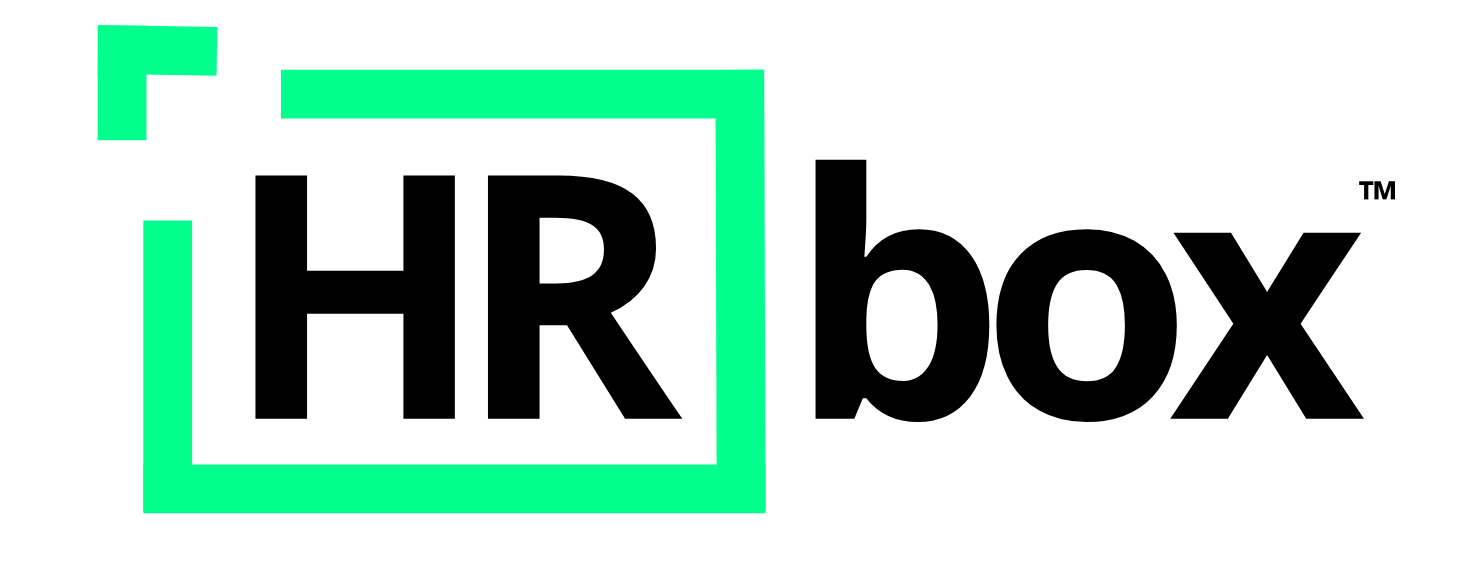It can be challenging to anticipate and manage team conduct, particularly when everyone is excited to get out to a social event and kick up their heels and often when alcohol is also involved. Here are some tips:
• Clear Code of Conduct:
Distribute a written code of conduct before the event. Clearly outline expected behaviour, emphasising respect, inclusivity, and professionalism. Communicate this with the managers and employees.
• Management Presence:
Ensure that managers and supervisors are present at the party. Their presence can serve as a deterrent to inappropriate behaviour.
• Alcohol & Drug Policies:
If alcohol is served, implement a responsible alcohol policy. This may include drink limits, offering non-alcoholic alternatives, and having designated drivers or transportation options available. No drugs should be permissible.
• Designated Event Organisers:
Assign specific individuals or a committee to oversee the event. They can be responsible for managing any issues that may arise.
• Security or Staff Monitors:
Consider hiring security personnel or designating staff members to keep an eye on the event and address any problems promptly.
• Inclusive Activities:
Plan activities that are inclusive and appeal to a diverse audience. Avoid games or entertainment that could potentially lead to uncomfortable situations. Make any dress up themes work for everyone without fear of offending anyone or encouraging inappropriate attire.
• Non-alcoholic Events:
Consider hosting events where alcohol is not served. This can be especially beneficial for employees who may not drink or prefer not to be in a setting with alcohol.
• Venue Selection & Time Frames:
Choose a venue that can comfortably accommodate your team and provides enough space for various activities without feeling overcrowded. Choose time zones that promote responsible behaviour such as short windows of time, breakfast or afternoon events.
• Anti-harassment Training:
Provide training on harassment prevention before the party. Make sure employees know how to identify and report inappropriate behaviour.
• Dress Code:
It may be appropriate to set some standards for dress code as well as making it clear how formal or informal the event is. You may need to dictate closed toes or eye wear for certain events that require safety compliance too. Dress code will be partly a subjective and values driven decision. However, be sure that you put the same expectations on all genders. For example, if you define it inappropriate for midrif tops to be banned then make it known that this applies to everyone, without focusing on any one gender or individuals.
• Safe Transportation Options:
Arrange for safe transportation options for employees who may have consumed alcohol. This could include providing shuttle services, ride-sharing vouchers, or partnering with a local cab company.
• Guest Policies:
Clearly communicate whether employees are allowed to bring guests and what behaviour is expected from them.
• Social Media Etiquette:
Remind employees to be mindful of what they post on social media during and after the event. Encourage them to respect their colleagues’ privacy.
• Exit Strategy:
Provide information about how employees can leave the event safely, especially if it’s late at night or in an unfamiliar area.
• Follow-up Communication:
Send a thank-you message to attendees, reiterating the importance of respectful behaviour at work-related events.
• Post-Event Feedback:
After the event, solicit feedback from employees to gauge their experiences and gather suggestions for improvement.


Recent Comments